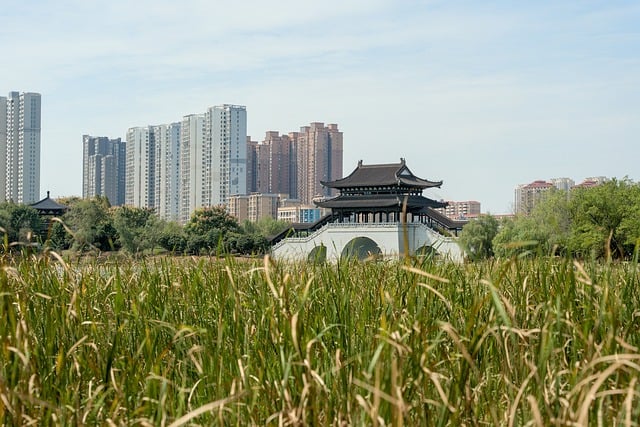As urbanization continues to dominate landscapes around the world, the importance of fostering a sense of community while remaining environmentally conscious has never been more crucial. One inspiring solution lies in the creation of a rooftop garden. These elevated green spaces not only beautify our urban environments but also play a vital role in promoting community connections and embracing nature.
Imagine stepping out onto a rooftop garden, where the views of the city skyline blend seamlessly with vibrant flora. This is not just a simple green patch; it’s a sanctuary that invites individuals from all walks of life to come together, share their passions for gardening, and nurture the environment. In these lush spaces, community members can engage with one another, exchanging ideas and experiences while collectively enjoying the wonders of nature.
The benefits of rooftop gardens extend far beyond aesthetics. These green havens contribute significantly to improving air quality by filtering pollutants and absorbing carbon dioxide. They also help to reduce the urban heat island effect—an issue that affects the most densely populated areas—by providing insulation which can lower energy costs. A rooftop garden thus does more than provide food for thought; it produces sustainable practices that benefit everyone.
Gardening itself is a therapeutic activity, offering countless mental health benefits. The act of planting seeds, nurturing growth, and witnessing the life cycle of plants can foster a sense of accomplishment and joy. By introducing more individuals to the world of gardening through community rooftop projects, we empower them to take an active role in caring for their environment. Moreover, collaborative gardening efforts can lead to the cultivation of local produce, giving rise to a farm-to-table movement that highlights the value of fresh, organic food.
Environmentally friendly gardening practices, such as organic gardening, composting, and using native plants, encourage a conservation mindset. Rooftop gardens can serve as instructional hubs, where community members can learn about sustainability and eco-friendliness. Workshops on organic practices can foster knowledge-sharing and ignite passion for preserving the planet, as we align our gardening efforts with eco-certifications and mindful consumerism.
Nature has an incredible ability to bring people together, and a rooftop garden serves as the perfect backdrop for forming connections. Plans can be made for gardening clubs, outdoor movie nights under the stars, or even peaceful book readings amidst the greenery. These events can break the ice, allowing neighbors to form friendships that might blossom into lasting bonds. In celebrating both nature and community, we build a sense of belonging that enhances the collective mental and emotional well-being of those involved.
As we envision the future of our cities, let us think green and prioritize the establishment of rooftop gardens. By promoting eco-friendly practices and valuing community connections, we can create vibrant spaces where nature flourishes and relationships blossom. Through these havens above urban life, we can inspire a shift towards a more sustainable and united future for everyone.




